#KuToo: What Do Women in Japan Think About the Movement?
These Women Share Their Thoughts on a Complicated and Controversial Issue
Diverse, in-depth responses from the women of Japan on their initial reactions to #KuToo, personal experiences of sexism, and their thoughts on what should happen next.
Last week I interviewed fourteen Japanese women and two Korean women living and working in Japan about their opinions in regards to #KuToo, a movement founded by actress and journalist, Yumi Ishikawa, that aims to ban Japanese companies from enforcing women to wear heels in the workplace. Although not every interview is quoted here, sixteen voices have given shape to this article, and the many layers it represents.
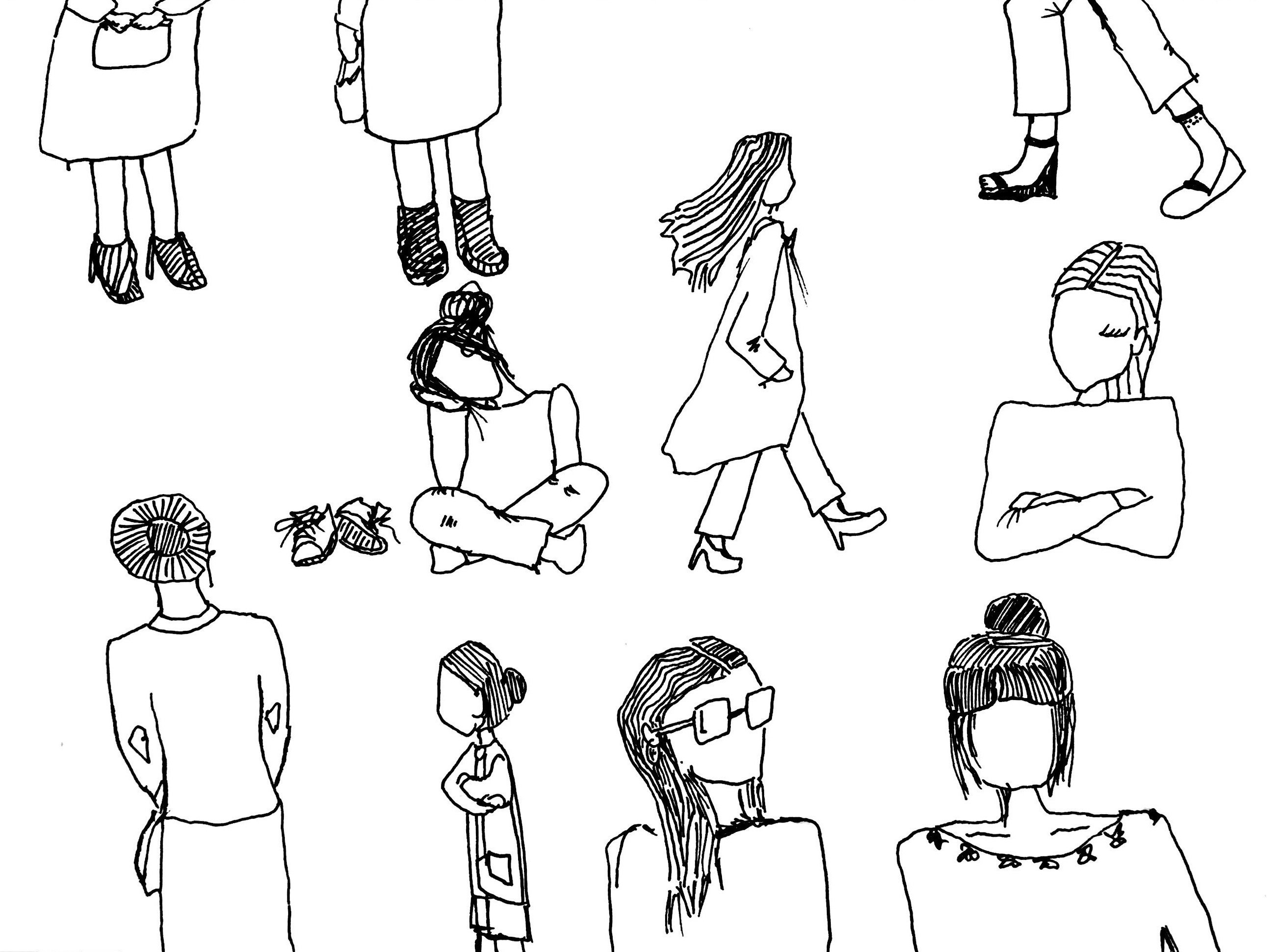
In a Diet committee session, the Minister of Health, Labor, & Welfare said, “[Wearing heels] is socially accepted as something that falls within the realm of being occupationally necessary and appropriate.” Later he stated emphatically that he did not say that he approved of forcing women to wear heels at work. He indicated that forcing injured women to wear heels was “power harassment,” but when asked about noninjured women, he repeated his original statement adding that “It depends on the specific situation. In light of social norms, it can’t be considered harassment unless it exceeds the scope of what’s appropriate and necessary for the job.”
In response to the Minister’s official statements, the women I interviewed touched on everything from how to carefully navigate through years of reinforced tradition and vague policies, to a reflection about a mother throwing dishes out a window in protest of having to wash them because of her gender. The range of opinions and situations differ, but rather unsurprisingly one message seems to ring true: a new conversation has been sparked in Japan.
The following responses have been condensed, edited, and some have been translated from Japanese. Some names have been changed for privacy.
Where We Stand
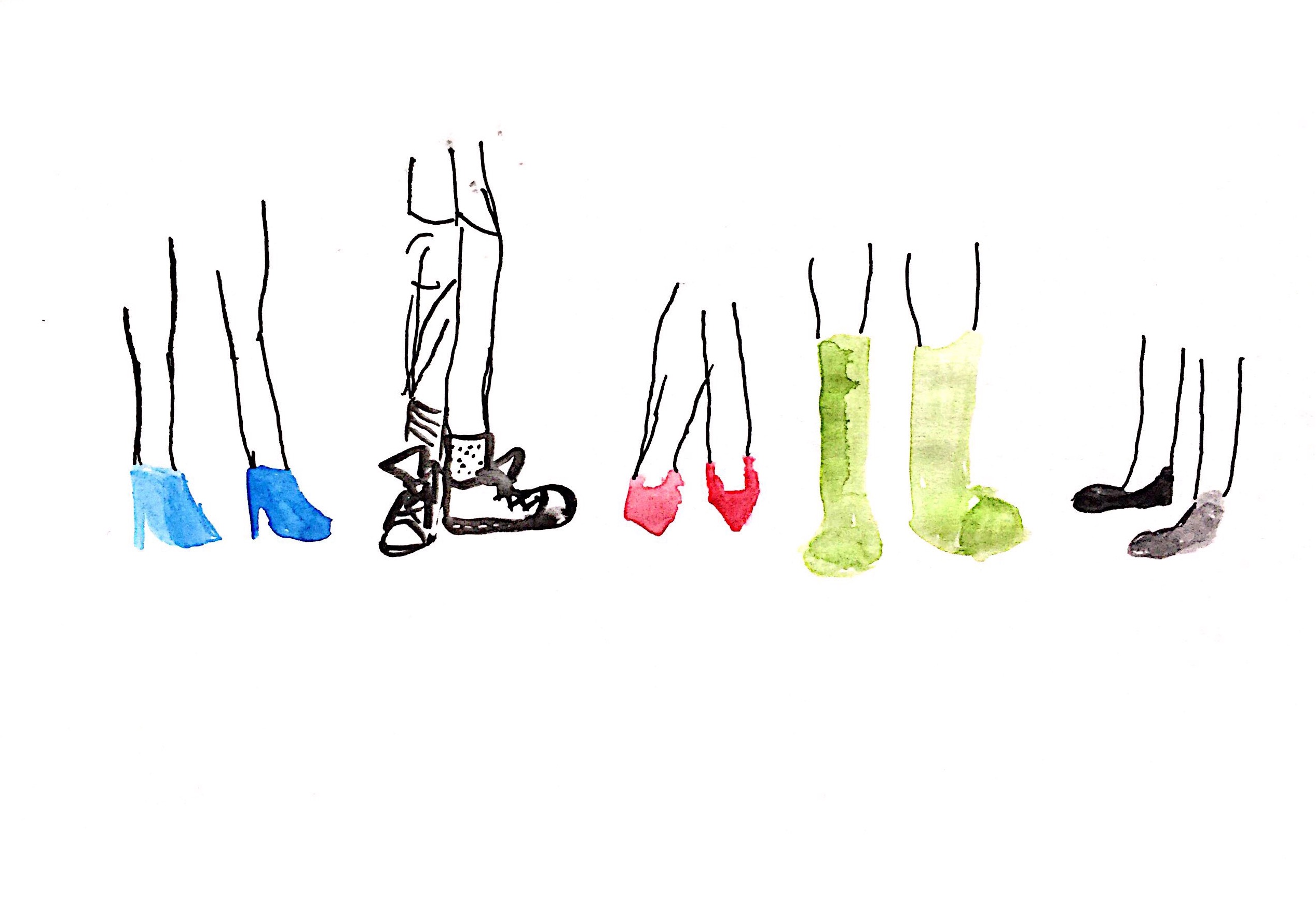
“I’ve never felt it was necessary or appropriate. I wear them because I feel good,” says Fumi, 31, a Project Development Analyst. “When I wear heels I feel taller, physically stronger, I feel cooler. In a way, it’s just a part of me wanting to look good and that’s my choice.”
Although Fumi is not forced to wear heels at work, she felt strongly that this movement should be supported. The campaign has received about 19,000 signatures so far in support of its cause. “We [Japanese] don’t speak out really—especially women. Women are usually very… confined both culturally and traditionally. That’s why I felt like, wow, a movement by Japanese women. It’s like wow, I was kind of happy.”
“Women should be free to dress without any kind of opposition from anyone.”
In contrast to Fumi’s more relaxed dress code, Aya, 30, a salesperson, says that heels are enforced at her current job, and were enforced in her previous work environments as well. “I was happy to see some females who are willing to start a change. Because I’m sick of it. I’m fine with wearing heels but I want to wear them whenever I want to… The decision should be mine. Not men’s. They don’t even wear [heels]; they don’t even know how painful it is and they’re forcing us to wear them? That’s like a huge no, no.”
Aya mentions her disappointment in Japan’s stagnant progress. In 2018, Japan was ranked 110th for gender equality in the World Economic Forum report, the lowest ranked of the G7 countries. According to a recent Japan Times article, women make up just 5% of senior or managerial positions, so there’s a 95% chance a boss who delegates dress code will be a man. “To me, I feel like they rob us… [Female workers] are not allowed to show any personality or character.” Aya argues.
“In a way, it’s just a part of me wanting to look good and that’s my choice.”
Motomi, 29, a former travel agent and now a housewife, has a different take. “At first, I thought I could support #kutoo. But now I feel that if you are wearing heels then, of course, you look more fashionable. Men wear cool suits and cool ties, so I feel like it makes sense for women to wear something that matches that—like heels. It’s cool-looking, just like the men’s wear… Everyone is wearing fashionable clothes in order to look good at work, I don’t think that’s a bad thing.”
“Shoe problems are human rights problems!” Having read about #KuToo in a newspaper article, Estuko Kumagai, 68 and retired, exclaims, “To the Minister I want to say, ‘heels harm women’s health!’” Kumagai reflects on her working days in the 70’s when heels were a must. “To say that heels are ‘socially acceptable’ or ‘common sense’ is a male point of view… Heels were originally a tool of sexual performance, bound to the sense of beauty constructed uniquely and exclusively by men… Women should be free to dress without any kind of opposition from anyone.”
“To say that heels are ‘socially acceptable’ or ‘common sense’ is a male point of view”
Some women are skeptical of the media and the international attention the Minister’s statement is receiving. Shizuka, 31, a secretary, read several articles from various media sources before she made her opinion. “To summarize [the Minister’s] entire statement as the enforcement of heels being “appropriate and necessary” is a bit inaccurate, right? That is my first impression. I think I support the #KuToo movement itself, but I find fault in this kind of controversy in that we might be making the problem worse than it is… My desire is for everyone to read articles more carefully.” Shizuka believes that the Minister’s statement is vaguer than the media claims it is.
Personal Experiences
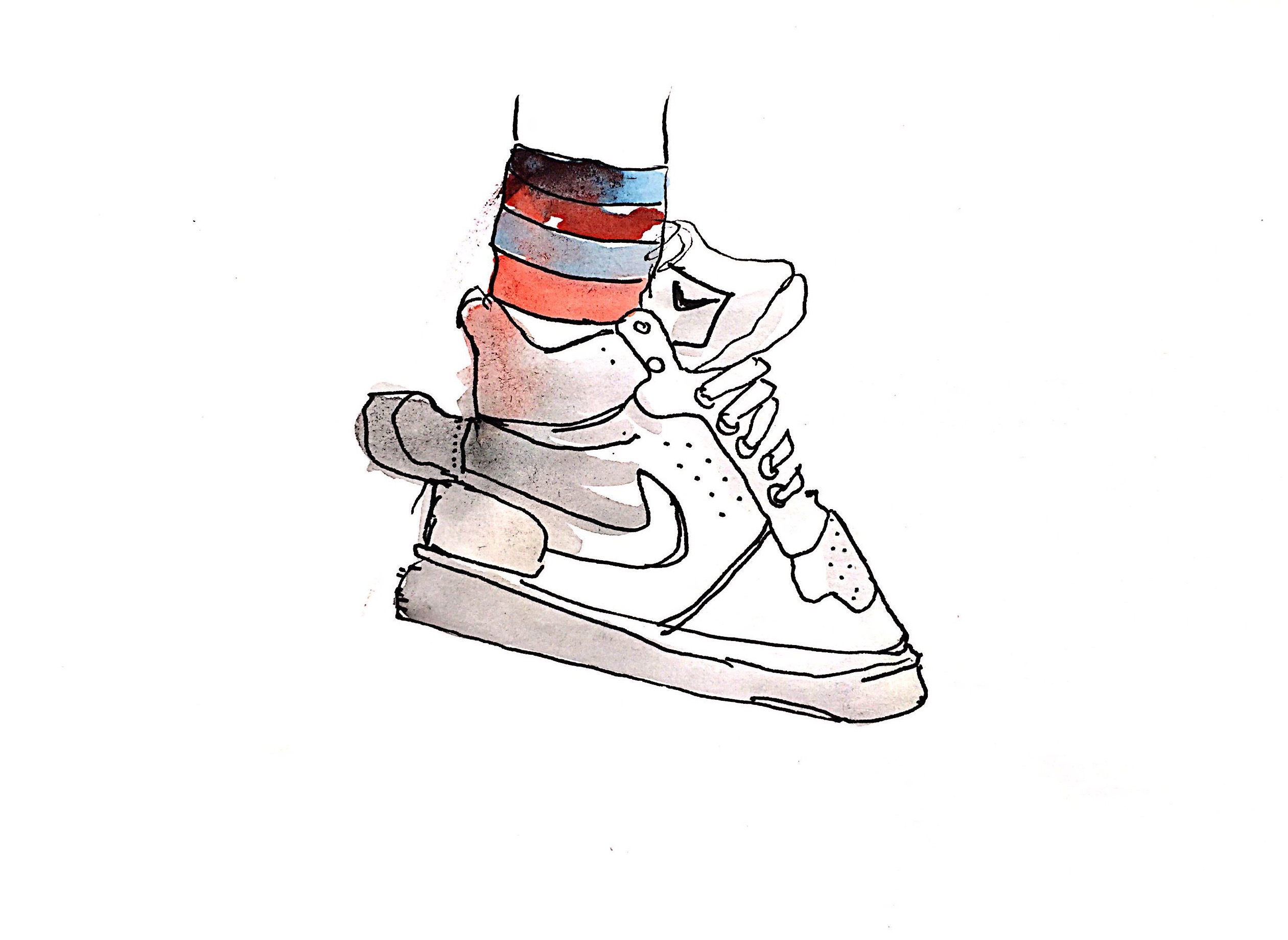
A few women brought up the incredible difficulty of sexual assault. In comparison to the many other women’s issues there are in the world, the enforcement of heels is a problem that is emotionally easier to tackle. “I’ve been groped on a train, or I’ve had suspicions that this guy was being dodgy. Of course, it’s easy to say [here and] now, ‘Oh yeah… I’m going to report him to the staff.’ [But] I couldn’t do anything about it [at the time]. It’s hard. But then, luckily, this heel thing is not as hard as that. It’s not as hard as standing up to somebody who is grabbing [you]. So I think this is an easier step to take.” Says English language teacher, Ayumi Melody, 35.
Going hand in hand with the discussion on the enforcement of heels in the workplace is the revolving conversation regarding women’s appropriate appearance. Several women recalled times when their makeup or clothing was criticized, and they were told that they were either wearing too much or too little.
“At first, I thought I could support #KuToo. But now I feel that if you are wearing heels then, of course, you look more fashionable. Men wear cool suits and cool ties, so I feel like it makes sense for women to wear something that matches that—like heels.”
Yoko, 40, a college professor tells us, “One of my colleagues who is around 50 years old [spoke to me] about my outfit. When I wore a frilled top (not too much frill) he said I looked like a monk. The way he told me was really mean. I was upset and I didn’t feel like wearing it again so I threw it away immediately. I sometimes wear trainers when I go to work and then I change [into] heels at my workplace. The same colleague mentioned, ‘Oh, you are wearing trainers to come to work, aren’t you? I [don’t think that’s right].’ I didn’t understand why he kept saying that, but I haven’t stopped wearing trainers to go to work because, as most people know, [they are] very comfortable to walk [in].”
In contrast, other women have also stated that they have never had the issue of being criticized for their work appearance. Pilates studio employee, Hana, 29, says, “Sometimes when I hear about or see this kind of movement, it’s easy to forget that there are also places where we do have a choice because people have such strong opinions on these issues.” Hana wants to remind people that they can find places in Japan that are not so strict on women’s dress code.
Hei-ran, 27, an employee for a manufacturing company, mentions the challenges of josei shikkaku 女性失格 which means “you are not acting like a proper woman.” “My colleague told me to never ‘cross my legs.’ She told me to sit kind of like a mermaid. She always tells me that she’s never seen a girl crossing her legs in Japan. I was shocked about that.”
“I’m fine with wearing heels but I want to wear them whenever I want to… The decision should be mine.”
“I’ve always been told not to,” says Mika, 26, who was sitting on the couch next to Hei-ran for this interview. Mika, who works at the same company as Hei-ran, says that she has always been accustomed to hearing these kinds of things. “It’s very normal to me,” Mika says thoughtfully.
Hei-ran continues, “I think men think of women as decorations, especially young women… We do a lot of entertaining for our clients every night—we buy alcohol and we bring them to expensive restaurants. My boss said, ‘You should come. We need a woman to entertain the clients.’ I actually didn’t want to go, but I didn’t really have a choice. What I’m really scared of is that while I felt really against [all this] at first, I can feel myself starting getting used to it. I think I’ve been changed, and that terrifies me.”
“Sometimes when I hear about or see this kind of movement, it’s easy to forget that there are also places where we do have a choice,”
Shizuka, however, hasn’t had the same experience. “I have never felt such an ‘implicit rule.’ I have never heard of people talking about that these days. This seems to fit old Japanese customs and is different from the current Japanese flow of society. Some companies may still have that trend though…”
What’s next?
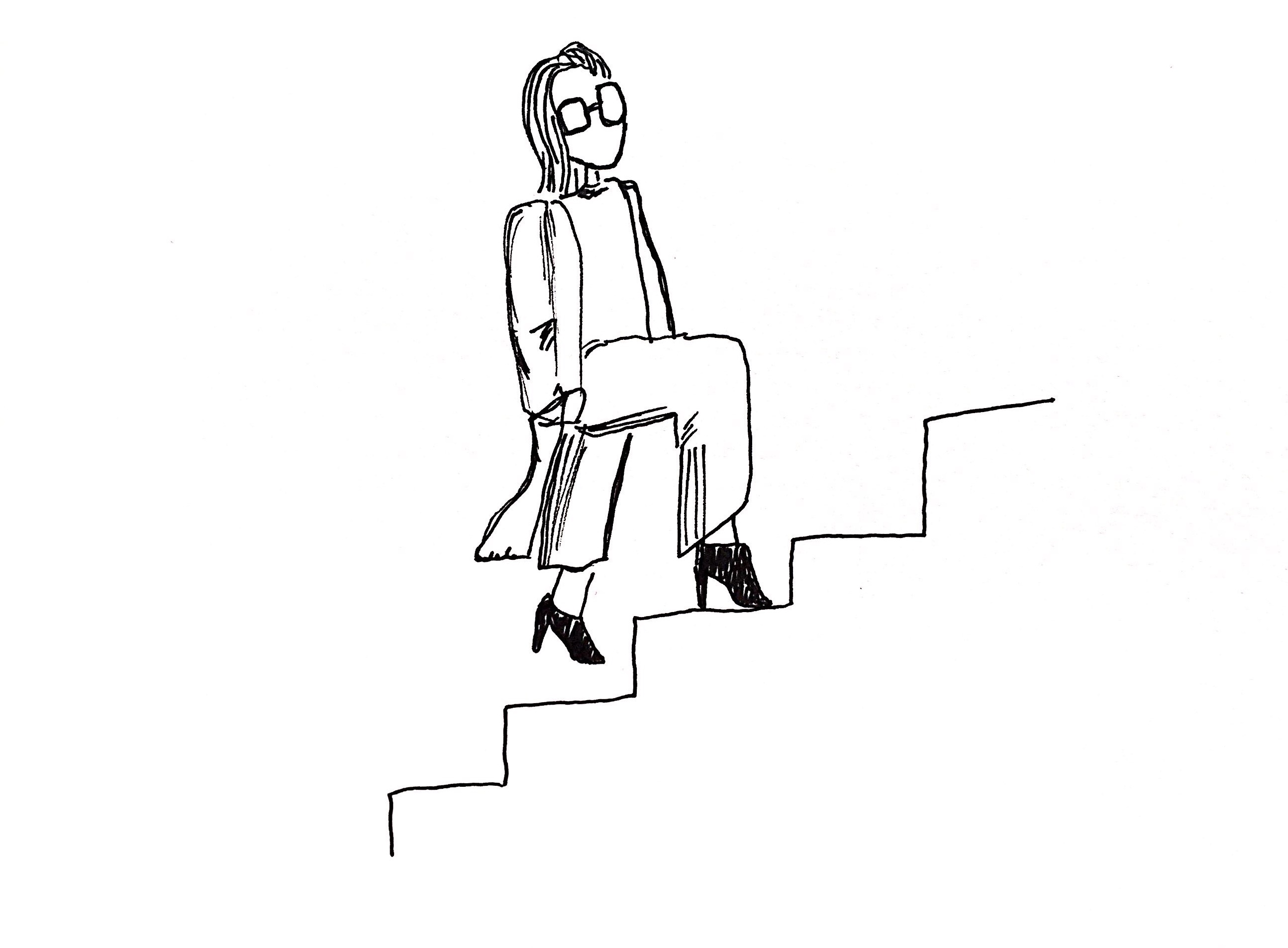
Those who began the movement and those who support it now share a common concern: health and wellbeing. Perhaps the most talked about the layer of #KuToo is the “pain,” “discomfort,” and “harm” heels cause the body and mind. Rather ironically, heels are not only hindering employees’ health, but they are also a detriment to a company’s productivity as well: interviewees confirm “low productivity” is an unavoidable outcome due to the pain of wearing them. A common thread found amongst supporters was that people should indulge in the fashion if they want to, but if they feel otherwise, now is the time to talk about it.
Yukiko, 35, a clinician, feels that everyone should put their health first, before work. She shares her take. “I think most Japanese don’t like to speak up because they don’t want to stand out… So, I just want to encourage them to participate or just say something on social media… It’s hard. [But] if you’re a woman, I think there are others who struggle with the same issues. I’m sure they are [out] there. Don’t be afraid, you can speak up. You have others.”
“[The challenge is that] we can’t really apply western feminism to Japan because we have different cultures, backgrounds, and traditions. If we just apply western culture, [and their version of feminism,] sometimes it doesn’t work—it won’t work. So I think balance is really important.”
Many women wondered what they should do next. There were a lot of questions about how a change should be addressed, and a strong desire to be inclusive of every kind of opinion regarding heels and dress code. An overall consideration for others is taken very seriously, and the method on how to open start these conversations is being carefully thought through.
Woohyang, 31, a receptionist says “[The challenge is that] we can’t really apply western feminism to Japan because we have different cultures, backgrounds, and traditions. If we just apply western culture, [and their version of feminism,] sometimes it doesn’t work—it won’t work. So I think balance is really important.”
“There may be a lot of people who don’t care whether or not women wear heels at work… So if somebody is not wearing heels, I think it’s better if we don’t make comments about it… it’s best not to care about what others think… Be yourself.”
Recruiter, Aya Odaira, 29, discovers her answer mid-sentence. She looks up. “We should begin by simply not wearing them if we don’t want to,” She says. “All women should begin by permitting other women not to wear them.” Aya goes on to describe the ups and downs of hierarchical relationships in the workplace in Japan and how that can make women feel pressured. “There may be a lot of people who don’t care whether or not women wear heels at work,” she continues, “So if somebody is not wearing heels, I think it’s better if we don’t make comments about it.” She nods and smiles to herself. “Yes, it’s best not to care about what others think… Be yourself.”
What do you think?
Throughout this interview process, I encountered many voices. Although several women felt that justice and understanding would arrive after a full day of a Minister in heels, others urged caution, restraint, and alternative methods to bring change. There were those who danced on the outskirts of wanting to suffer for fashion, and the opinions don’t stop there. The conversation is still in free flow.
As it stands, there has not yet been movement on the government’s behalf on whether or not they will effectively ban the enforcement of heels or pumps in the workplace. However, #KuToo continues to make moves. Just this week, information was updated on the #KuToo website to ask for women to share their stories and opinions with NHK Asaichi where they will be published.
I’m looking forward to reading more from the voices of real women who have experienced or are currently in the Japanese workplace. What do you think about the #KuToo movement?












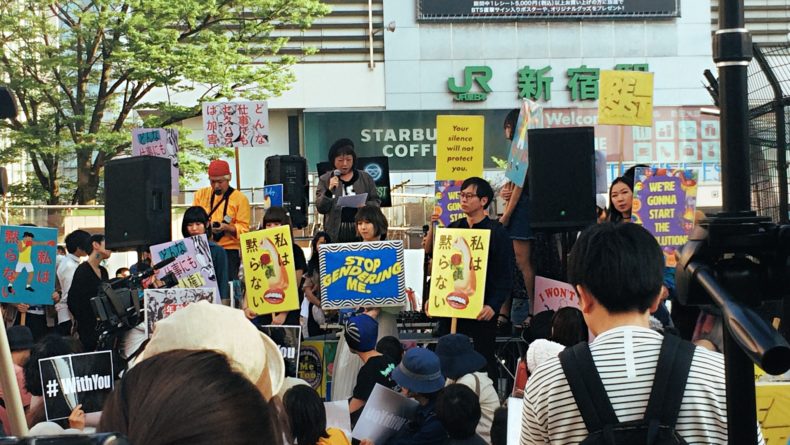
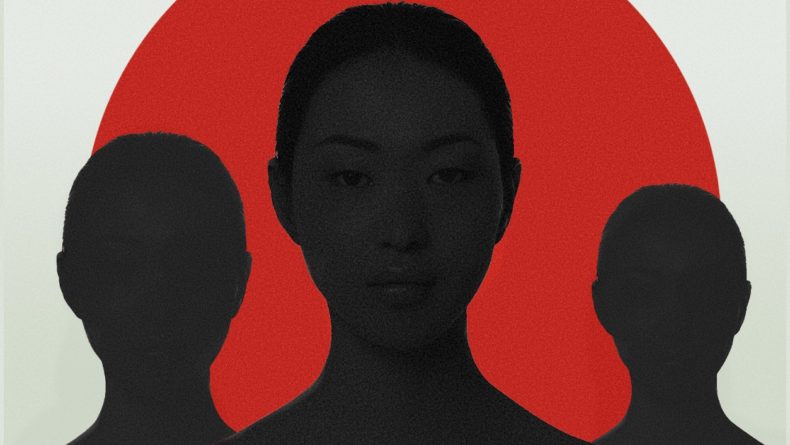
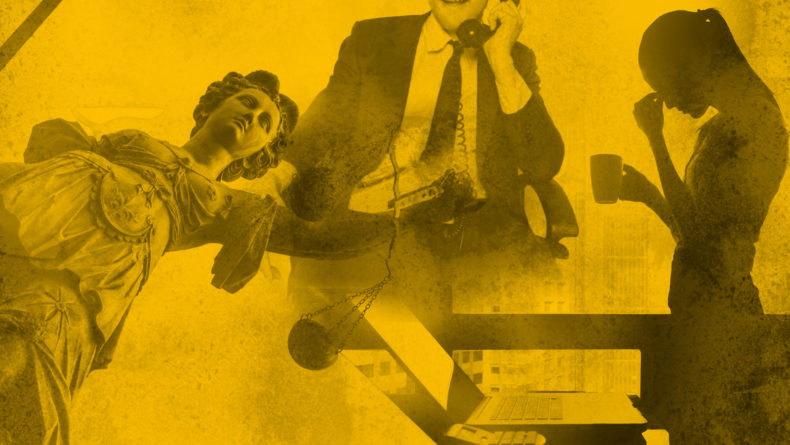
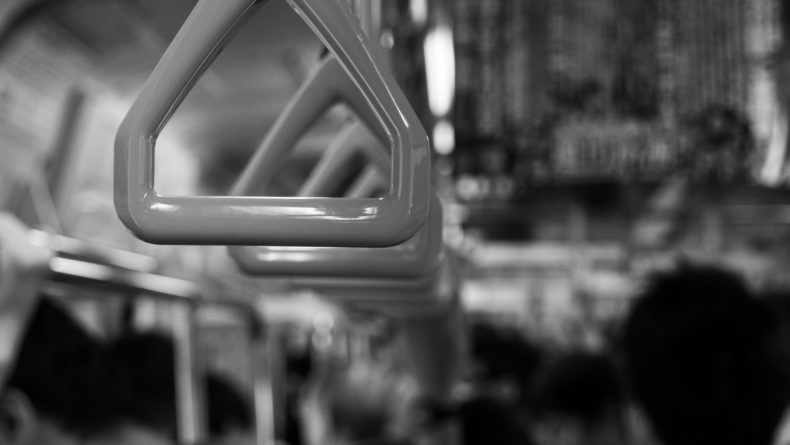
Leave a Reply